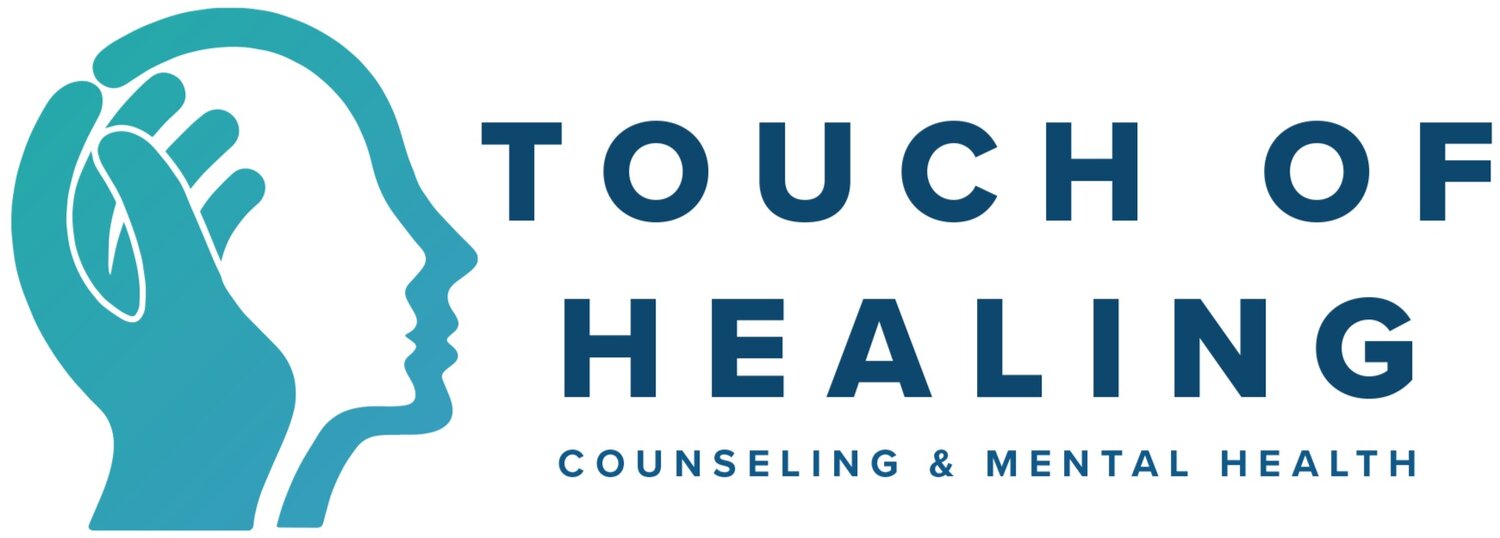If you think that you or someone else is in immediate danger, call 9-1-1.
Additionally, the National Suicide Prevention Hotline is
800-273-8255
*Below is a list of resources to contact should you or someone you know be suffering from child abuse, drug and/alcohol withdrawal, danger related to developmental disability, or any other threat to immediate safety.*
Department of Family and Child Services (DFCS)
If you suspect that a child is being abused then it is best to file a report with DFCS. Find a local office and begin the process of filing a report. It is important to contact DFCS before the police, as they will conduct the investigation unless of course the child is actively being abused or in immediate danger.
https://dfcs.georgia.gov/
Substance Abuse Treatment
Georgia Addiction Resources
Drug Use Trends, Statistics, & Solutions
Midway Recovery Systems Inpatient Griffin, GA 770-227-8975 https://midwayrecovery.com/
Person to Person Drug Treatment Outpatient McDonough, GA 770-898-1155 https://person-person.com/
Georgia Addiction Treatment Center Outpatient and Partial Inpatient Peachtree City, GA 833-649-1073 https://www.georgiaaddictiontreatmentcenter.com/
Other Crises
1-800-715-4225
This is the number for the Georgia Crisis and Access Line (GCAL). They are a 24/7/365 service that provides crisis intervention for problems related to developmental disabilities and the use/abuse of drugs and alcohol. You will speak to a counselor who will utilize crisis intervention skills, dispatch a crisis first response team to your location, and help find a detox bed in your area. Below is a link to their website:
https://www.georgiacollaborative.com/providers/georgia-crisis-and-access-line-gcal/
They also have an app that you can learn about at the bottom of the linked page above.
Additional Articles From Helpful Sources
What do I do if someone is suicidal?
When someone you know appears suicidal, you might not know what to do. Learn warning signs, what questions to ask and how to get help.
What if someone I know is abusing substances?
For those who love someone who is struggling with alcohol or drug abuse, it is important to know the signs of substance abuse problems and how to best help the person in need. In addition, it is important that family members and friends take care of themselves as well.
How do I recognize an abusive relationship?
Are you or someone you care about in an abusive relationship? Here’s how to recognize the signs of domestic abuse—physical, emotional, sexual, verbal, or financial—and get help.



